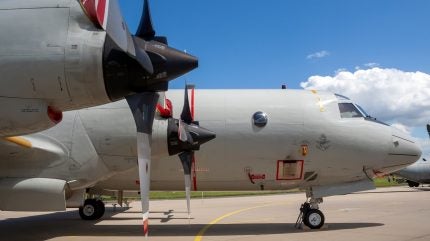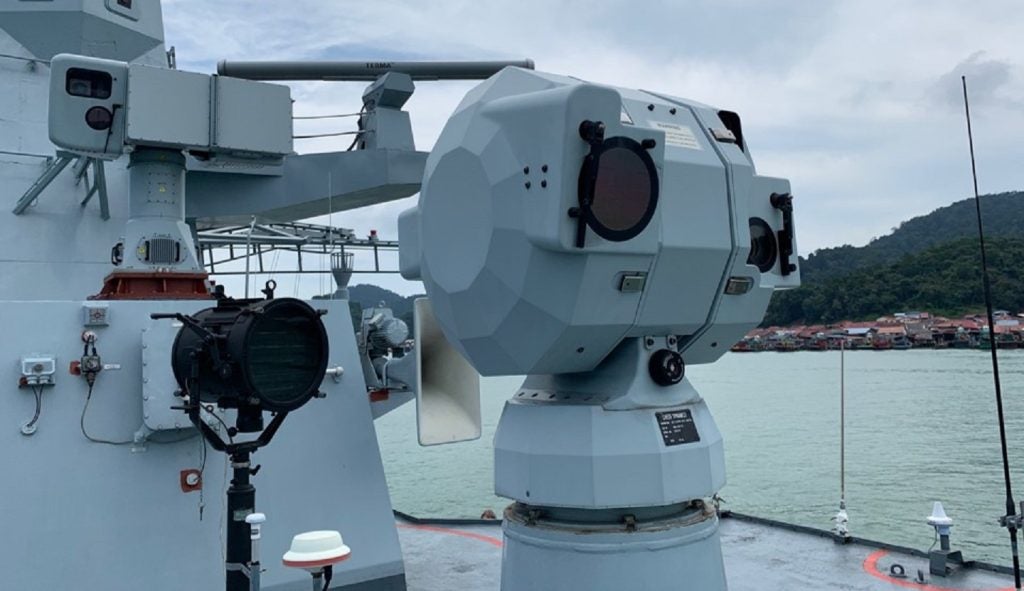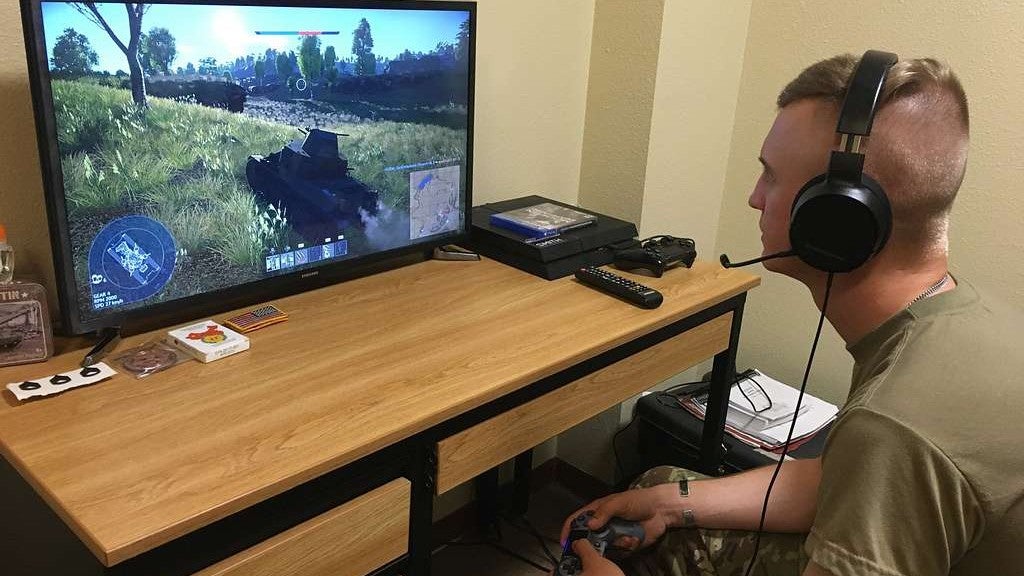
The German Navy will continue to monitor Libya after the German Government agreed to extend its participation in the EU-led operation Irini to monitor the UN arms embargo against the North African nation.
In a discussion in the German Parliament, it was found that “this oepration is and remains necessary in order to enable more stability in Libya in the long term.”
Germany’s Armed Forces have been involved in the misison since 2020, and the upper personnel limit of 300 soldiers will remain unchanged. The mandate is due to extend until 30 April 2025.
The Bundeswehr is currently fulfilling its mission through airborne reconnaissance. The Bundeswehr’s contribution to Irini will continue to include staff at the operation’s mission headquarters as well as regular airborne maritime surveillance missions. There is also the fundamental possibility of the Bundeswehr participating with a ship.
The operation is intended to prevent the illegal export of petroleum, including crude oil and refined petroleum products, from Libya. It is also intended to help combat the business model of smuggling and human trafficking networks. Irini gains relevant information from this.
According to GlobalData intelligence, the German Air Force currently operates eight P-3C Orion maritime patrol aircraft acquired in 2006. Although, the Orion has been operating in the US Air Force from as early as 1962.
How well do you really know your competitors?
Access the most comprehensive Company Profiles on the market, powered by GlobalData. Save hours of research. Gain competitive edge.

Thank you!
Your download email will arrive shortly
Not ready to buy yet? Download a free sample
We are confident about the unique quality of our Company Profiles. However, we want you to make the most beneficial decision for your business, so we offer a free sample that you can download by submitting the below form
By GlobalDataMore than 400 aircraft are operational with 21 operators in 17 countries including Argentina, Australia, Brazil, Canada, Chile, Germany, Greece, Japan, New Zealand, Norway, Pakistan, Portugal, Spain, Taiwan, Thailand and the US.
The sensor suite includes an ASQ-81 magnetic anomaly detector and an ASA-65 magnetic compensator. Sonobuoys are launched from within the main cabin and from the external hardpoints.
The airborne electronic surveillance receiver, ALQ-78(V) is carried on a pylon under the wing fairing. The system is supplied by Lockheed Martin and has also been manufactured under licence by Mitsubishi in Japan.






